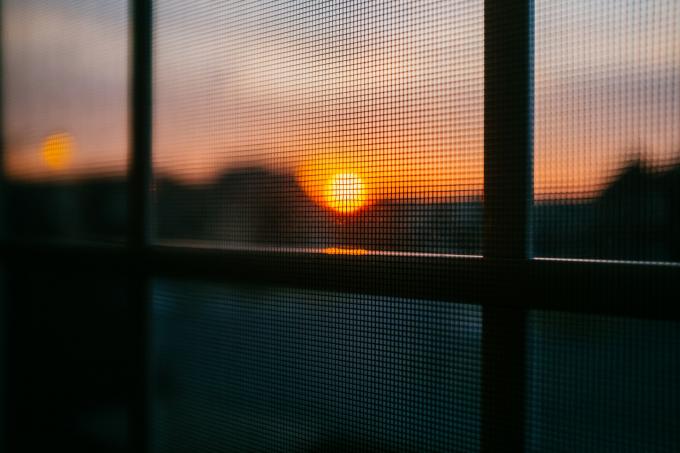
I’d been on this road before. Last year lit with wildflowers,
this year the hills stripped bare, baked by sun. It spills out
of Los Angeles like a long black tongue, then nothing
for 500 miles, just dust and shadows of cattle-sheds past towns
so small I turned off just to see who lives there.
My uncle in Oregon told me he got lost once, saw a sign
for a gimp barn beside a creek beneath some pines: an hour
down the road he turned around. He liked the land, he said;
he bought it, never left. I think about that sometimes: happenstance
leading to a life; one set of faces replaced
by others. A girl I loved told me no ones knows for certain
how the moon was formed. That there was earth
where now there are oceans, that a burning rock
slammed into us and the displaced land
became the moon. Back then she could toss a penny
from her bedroom and hit my window,
we lived that close. I remember one winter
passing the exit peeling off towards Cleveland.
She was living there with her father; by then we hardly spoke.
I thought—if I turned off, what would happen;
if I stopped? I think that’s what I mean
about happenstance: where you are and how
you came to be there. And how cold the roads looked.
The ramp and the overpass and the thin metal
of the exit sign. How that day I just kept going.
